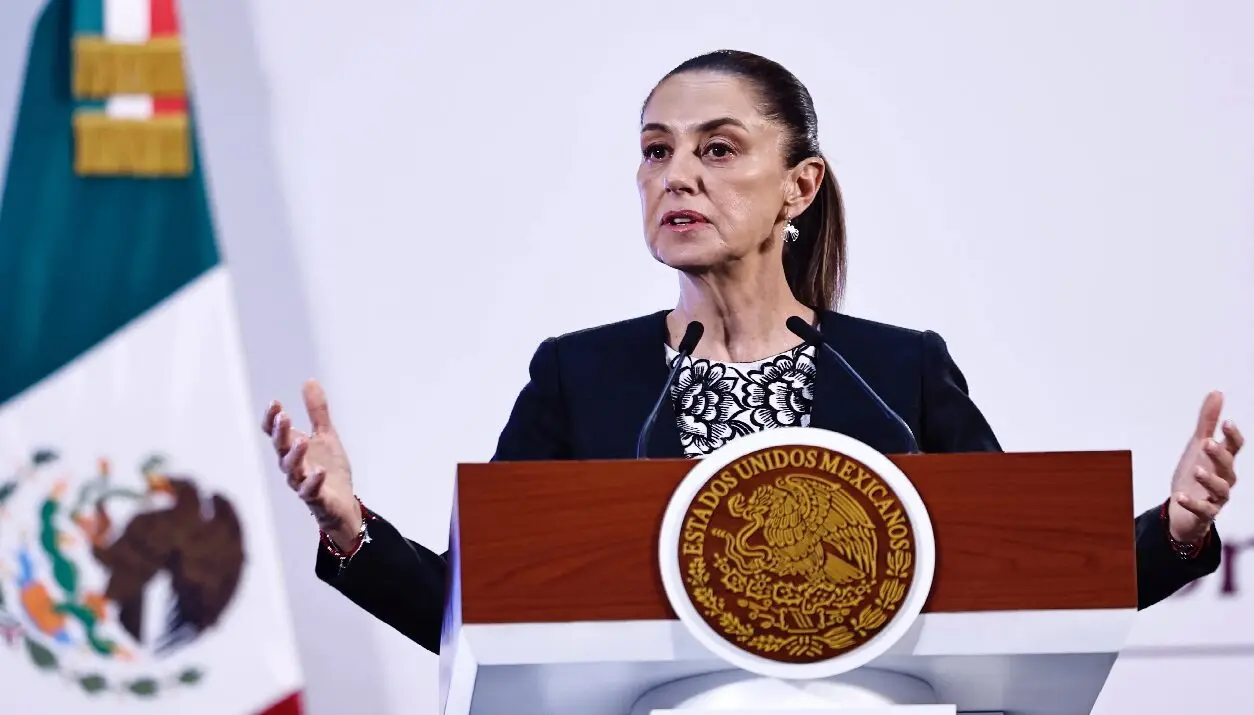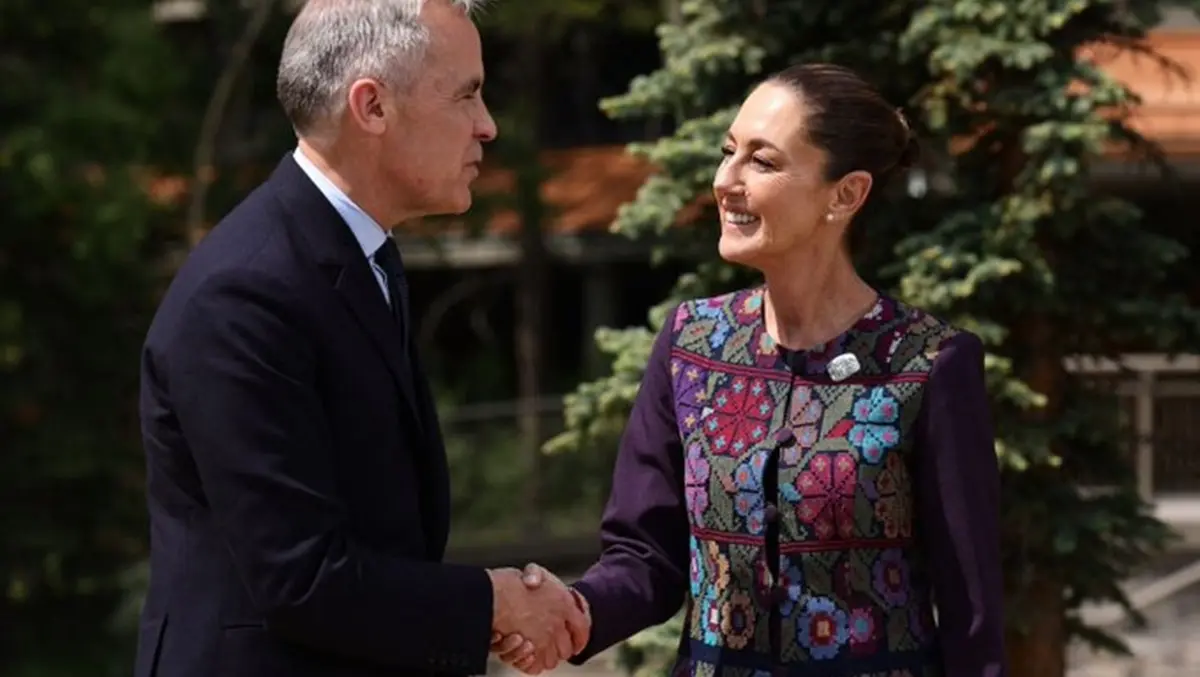Mexican Senate Approves Public Security Strategy

Mexican Senate. X/ @elsolde_mexico
May 1, 2025 Hour: 7:41 am
President Sheinbaum’s strategy is based on four pillars aimed at ensuring national security and social peace.
On Wednesday, the Mexican Senate approved the Public Security Strategy proposed by President Claudia Sheinbaum for the 2024-2030 period.
RELATED:
Ex-CIA Operative Exploited Diplomatic Immunity to Sexually Assault Women in Mexico, Documents Reveal
Her plan is based on addressing the root causes of insecurity, consolidating the National Guard, strengthening intelligence and investigation efforts, and enhancing coordination among national entities within the Security Cabinet.
The proposal was approved with 105 votes in favor, 16 against, and one abstention. Once legislative approval is achieved, the security plan must be enacted by the Executive.
“The strategy serves as a guide for the planning and execution of policies and actions aimed collectively at preventing, investigating, and combating criminal acts and impunity,” the Senate stated.
Sheinbaum’s strategy is based on four pillars aimed at ensuring national security and social peace. These pillars will guide the plans, policies, programs, strategies, and actions focused on reducing crime rates.
It also proposes neutralizing violence generators and criminal groups, as well as strengthening local police forces’ preventive and community outreach efforts in order to achieve a Mexico “with justice, free from violence and crime.”
The strategy emphasizes that building peace “cannot rely solely on criminal prosecution, as it is essential to address the root causes of crime, reclaim public spaces, and expand opportunities for development, education, and dignified employment to strengthen social cohesion.”
In the first six months of Sheinbaum’s administration, 14,102 homicides have been recorded—1,481 fewer than in the final six months of Andres Manuel Lopez Obrador’s administration. Between January and March, Mexican authorities recorded 6,799 murders, 361 fewer than in the same period in 2024.
teleSUR/ JF
Source: La Jornada






